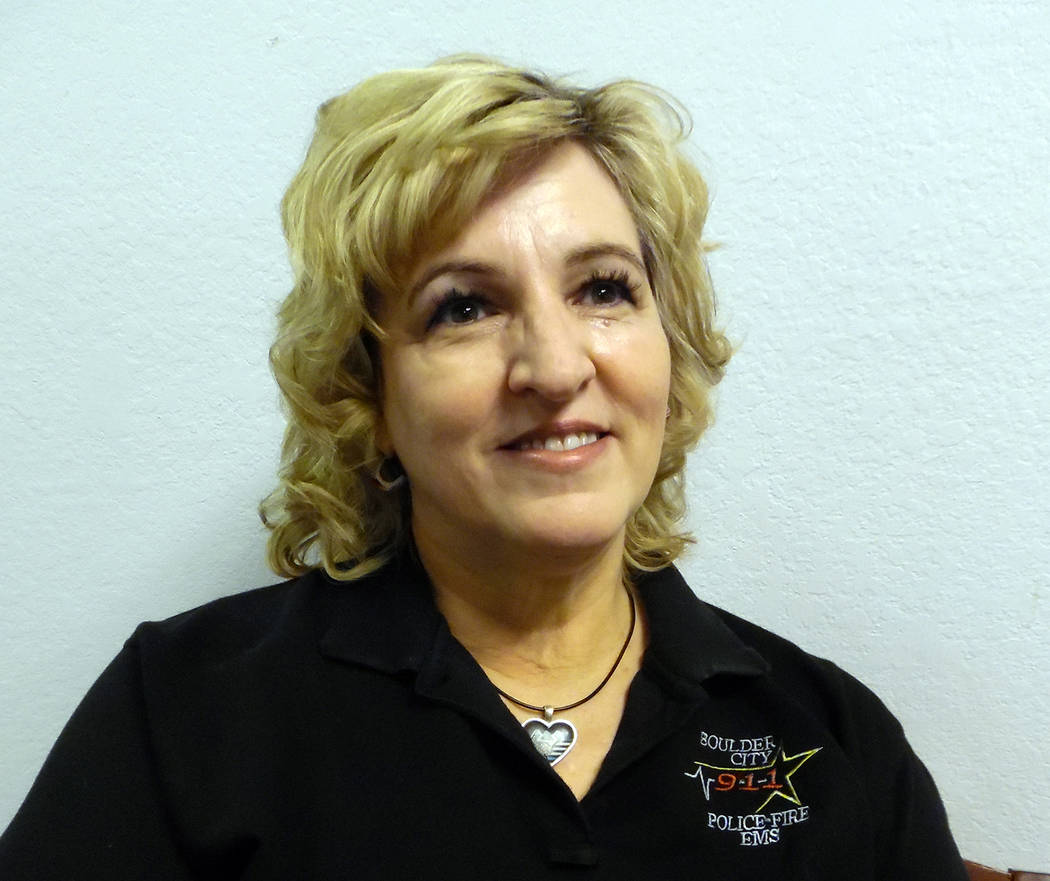Homes filled with multiple safety hazards
Taking care of your family and home is certainly important, and safety is a key component to creating a warm place where your family can thrive. Unfortunately, there are a number of safety hazards hiding in plain sight throughout your home. But, don’t worry, you can fix these concerns pretty easily.
To make sure you’re doing everything you can to keep your family safe, here are some of the most common safety hazards in the home, along with things you can do to avoid injury and stay out of harm’s way.
Whether its slipping on a wet floor after a shower or falling down the stairs, injuries from falls are the most common household hazard. Make sure all staircases have solid handrails and safety gates if there are small children in the home.
In the bathrooms, secure rugs to avoid slipping and pooling off water on slick surfaces. Make sure showers and bathtubs have nonslip mats or surfaces and safety rails to assist family members old and young in safely getting in and out.
Everything from candles to an unattended iron could lead to an accidental fire in your home, but there is a lot you can do to prevent a fire from starting. Make sure fire alarms are installed on all levels, and regularly check and change the batteries to make sure you’ll have adequate warning in the unlikely event there is a fire.
Never leave candles unattended or near loose cloth like drapes or throw pillows. Make sure that all appliances are in good working order and that no wires are frayed. Don’t overload electrical outlets. In fact, it’s smart practice to unplug small appliances like toasters when not in use.
Accidental poisoning due to high levels of carbon monoxide in the home is becoming more common. What makes carbon monoxide so threatening is that it’s virtually impossible to detect by smell, sight or sound. You can keep your family safe by installing a carbon monoxide detector that will alert you if carbon monoxide reaches dangerous levels in your home.
As an extra measure, secure your home with a monitored home-security system that also has a carbon monoxide detector.
From a bit of dinner going down the wrong way to a youngster accidentally swallowing a small item, choking is scary. The biggest household choking hazards come from small toys and small food items like nuts that can become stuck in airways. Look around to keep your home choke-free. Regularly inspect toys for loose parts and scour floors for small toys or other items that have rolled under furniture where little hands might easily find them.
Be sure to keep small, hard foods like nuts or candies out of the reach of children, and make sure everyone takes time to properly chew their food at the dinner table.
It’s not difficult to understand the danger of sharp objects. Unfortunately, there are a number of necessary items with sharp edges that are used inside and outside your home.
Accidents with kitchen knives or graters can lead to a nasty cut that might need stitches. The best way to steer clear of cutting yourself — or worse — is to make sure all sharp objects are properly stored, and even locked up if there are children in the home.
Rakes, saws and lawn mowers all present a potential threat. Always clean up tools after use and lock them in a shed or garage where children can’t accidentally stumble across them. When items are in use, be sure you are free from distractions, and avoid rushing while using a lawn mower or weed whacker.
You just finished repainting the living room and can’t wait to show off your work to friends and family. But before you call everyone over, make sure you haven’t accidentally created any safety hazards. Even paint that isn’t lead-based needs to be properly stored and kept out of reach of children. And never put paint in a container other than the one it came in. If your child mistakes paint for a drink or other item, you can end up in a scary situation.
Keep all household cleaners in a cupboard with a safety lock to keep kids from accidentally finding them. Lock up pesticides and items like turpentine in a cupboard in the garage or shed.
Keeping your family safe is a full-time job. Paying attention to common threats and taking precautions to avoid injury make that job a little easier. But no one can be on duty all the time. For those times remember the nonemergency phone number at the police department is 702-293-9224, ext. 311. For emergencies call 911 (remember to indicate if you are on a cellular phone).
Tina Ransom is a dispatcher with Boulder City Police Department. She is coordinator of the Boulder City Citizen’s Academy.















